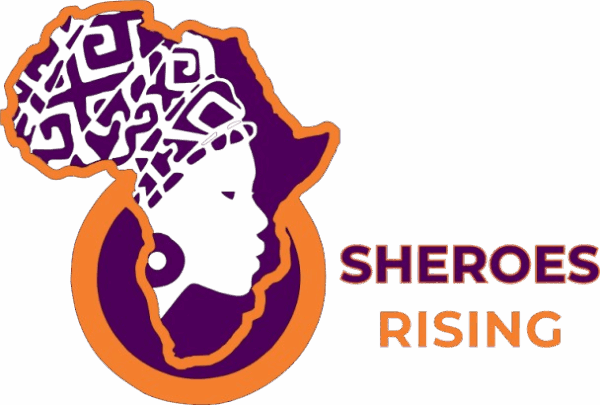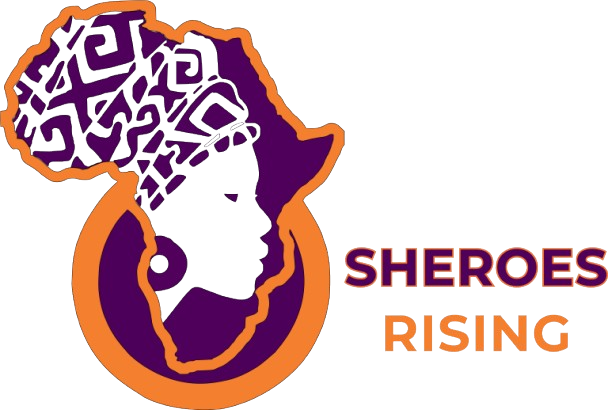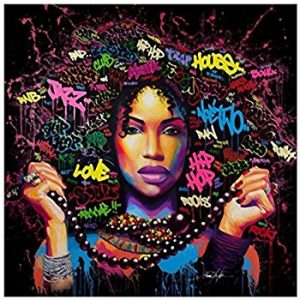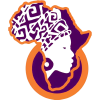Child rights are about the protection of the fundamental and essential rights and dignity of the child, who according to the 1989 Convention on the Rights of the Child (CRC) “…is any human being below the age of 18 years…..’. This emphasizes the dignity and welfare of a child as a vulnerable human, taking into consideration, their fragility and dependability on others for protection. Just like the human rights, the rights of the child is specifically committed to protecting the rights, dignity, and interest of the child with the aim to guarantee the fundamental, civil, social, cultural, and economic rights of the child.
“The child has the right to human identity, freedom from discrimination, right to education, right of association with both parents, right to freedom of thoughts, right to privacy, right to information, the right of protection against violence and abuse, the right to take part in making decisions concerning his/her life”.
The fundamental rights of a child provide the child with the right to survive, and the right to live in dignity like every other human. It also guarantees the protection of the child against abuse, child labour, child trafficking, and maltreatment. Other fundamental rights include the right to food, shelter, clothing, and proper healthcare. As such, every child is expected to enjoy these fundamental rights as basic needs. The civil rights of a child entail the right to nationality, the right to education and personal growth, and the right to participation in political discussions. The social, economic, and cultural rights of a child include the right to be loved and cared for, the right to personal growth and development, the right to freedom from oppression, protection against bad influence, the right to standard livelihoods and wellbeing, the right to physical and mental healthcare, and the right to proper guidance.
However, child rights remain an illusion for the Nigerian child because even though some of these rights are in existence, majority of them are not put into practice, not enforced and are continuously being violated daily. Childhood for most Nigerian children is a misery filled with painful memories, for instead of being loved and cared for, many are still left to cater for themselves in order to survive, and have no other alternative than to be on the streets when they are supposed to be with their families, learning and inculcating good morals and ethical values. The refugees and orphans are subjected to lack of parental love and care, lack of food, shelter, clothing, lack of proper guidance, and lack of proper education. Instead of getting protection against harmful influence, these children are subjected to sexual, physical, and mental abuse either by their immediate families or the members of the society they live in. Every day, a child somewhere falls victim of exploitation and neglect, child labour, and much more. Generally, children from poor backgrounds especially in developing and underdeveloped countries lack proper education and healthcare and have had to learn to work with are given to them even it is not adequate. Regardless of how fragile, vulnerable, and dependent they appear to be, some children out there are subjected to discrimination on the basis of race, gender, nationality, religion, ethnicity, disability, identity, and colour, thereby automatically live a limited life based placed on them by the society.
Nigeria has a long way to go in terms of child rights and protection, and we all have a role to play. The Child Rights Act was passed in Nigeria in 2003, only 25 states have adopted it, and many still awaiting implementation and enforcement. To tackle this cancer, every member of society has to be on board because a child is everyone’s responsibility. In the absence of parents, the government should assume the custody and care of such children. Every adult should try to protect and preserve the rights of children in our society by making sure that our children are protected against abuse and other harmful practices, even by their own parents.
CHILD ABUSE
The World Health Organization (WHO) considers child abuse/maltreatment as every form of physical, sexual, emotional abuse, neglect, negligence, and commercial or other exploitation resulting into actual or potential harm to the child’s health, survival, development or dignity in the context of a relationship of responsibility, trust or power. The World Health Organization reports that 3 in 4 children between the age of 2-4 years suffer from physical punishment, and/or psychological violence at the hands of parents and caregivers every day. The physical abuse of a child involves causing physical injury or harm, or excessive physical punishment on a child by an adult. Parents who engage in the physical abuse of children do so under the pretext of disciplining and training, however, the majority fail to understand the difference between discipline and abuse.
According to the World Health Organization, 1 in 5 women, and 1 in 13 men have reported having been sexually abused in their childhood. Child sexual abuse includes making a child participate in sexual act either for the physical or financial benefits of the perpetrators, indecent exposure of a child to sexual situations, body contacts with a child’s genitals, using a child for pornography, or the viewing of a child’s genitals. Some children experience psychological/emotional abuse which affects their mental development and self-esteem. This is because of constant yelling, lack of parental care, and negative comparison of a child to another.

Another type of child abuse is child neglect, which is the inability of parents or guardians to provide for the basic needs of a child such as food, shelter, clothing, adequate healthcare or safety, lack of parental love, care, and attention, and the lack of proper education.
“There are many reasons why people abuse children. Some adults who have histories of being victims of abuse or domestic violence are likely to inculcate such behaviours thereby, having no other means of training children except through that which they have experienced. However, there are exceptions, as some adults who survived child abuse tend to protect and train their children differently”.
Some perpetrators of child abuse usually struggle with mental health, drug abuse and alcoholism. Some struggle with poverty and emotional instability leading to uncontrollable anger, which causes them frustration leading them to abuse and bully their children. Others struggle with work stress and low self-esteem. Some parents abuse their child due to the child’s physical or mental disabilities.
The effects and consequences of child abuse are indeed huge. Children who are/were victims of child abuse do suffer from physical, psychological, emotional, and mental disorders. Victims also suffer from anxiety, depression, startle response, trauma, personality disorders, growth, and developmental disorders. Abused children also struggle with low self-esteem, lack of confidence, lack of social skills, aggressiveness, and they may have difficulties in maintaining the relationship with others in their lives due to lack of trust, children who have experienced emotional and sexual abuse are very likely to struggle with feelings of shame and worthlessness.
Adults who are survivors of child abuse may end up with anxiety, depression, and anger, and are likely to inculcate such behaviours thereby re-victimizing other children.
PREVENTION
Preventing child abuse requires different approaches. Parents and caregivers need to constantly upgrade their parenting skills to learn and develop non-violent parental tactics. What children need is not violence or aggression, but appropriate love, care, and attention by parents, caregivers, and nurses in orphanage homes and the entire community. They should be given listening ears, and a supportive family environment to build their self-worth. Adults should control their anger towards children. Parents should learn how to interact with children even in time of stress and financial struggles. On no account should they take out their anger on children.
Parents, guardians, and caregivers should be vigilant and under no circumstances should children be left alone at home or anywhere. Parents should be careful with who they trust with their children, even if such person is a family member as the perpetrators of child abuse are sometimes family members of the victims.
The government also have a solid role to play in preventing child abuse, by providing appropriate health and education systems and proper implementation and enforcement of laws so as to protect children and punish the perpetrators of child abuse and those who violate child rights.
To create and maintain a safe environment for future generations, children need to be protected because they are the future. Childhood experiences affect most children’s future development, which is why it is extremely important that adults are conscious of their actions towards and around children.
“For a society to not fail its children, it first needs to protect and guide them as the costs of failing them is huge. The ways in which this can be done is to uphold their rights and protect them against child abuse”.










